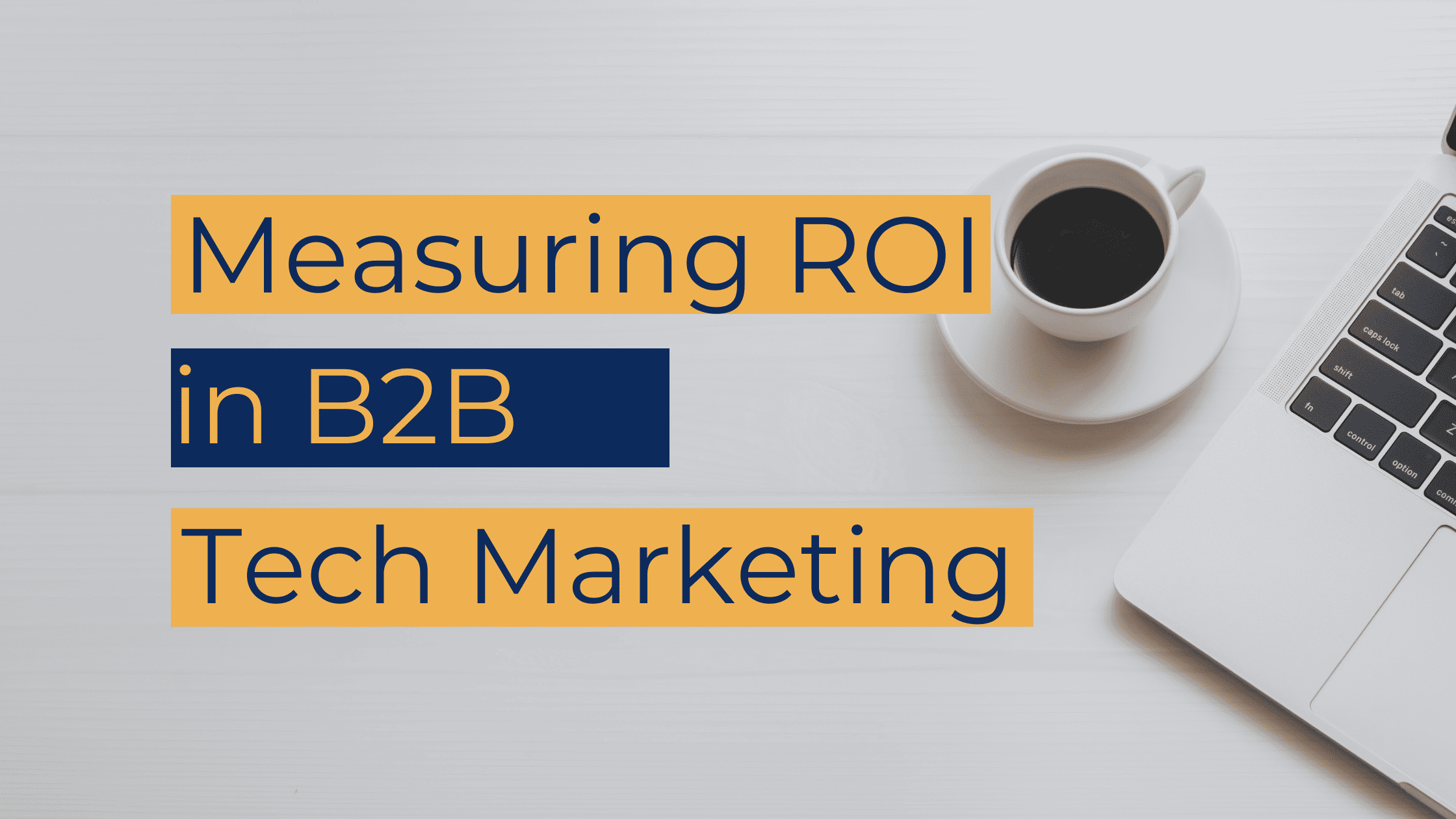In the fast-paced world of B2B technology marketing, understanding the effectiveness of your efforts is crucial. To ensure that your marketing strategies are generating a positive return on investment (ROI), you need to rely on key performance indicators (KPIs) and metrics that are tailored to the unique challenges and opportunities of the tech industry. In this post, we’ll explore the KPIs and metrics that matter most in B2B tech marketing.
1. Lead Generation and Conversion Rates
Lead generation is the lifeblood of B2B tech marketing. KPIs related to lead generation, such as the number of leads generated and the conversion rate from leads to customers, are paramount. By tracking these metrics, you can assess the effectiveness of your lead nurturing strategies and the quality of the leads you’re attracting.
2. Marketing-Qualified and Sales-Qualified Leads
In tech marketing, not all leads are created equal. It’s important to distinguish between marketing-qualified leads (MQLs) and sales-qualified leads (SQLs). MQLs are more likely to become customers, while SQLs are ready for direct sales engagement. By tracking the transition of MQLs to SQLs, you can gauge the alignment between your marketing and sales efforts.
3. Website Traffic and Engagement Metrics
Your website serves as a central hub for tech marketing activities. Monitor website traffic, bounce rates, and engagement metrics like time on page and click-through rates. These insights help you understand the effectiveness of your content and user experience.
4. Marketing Funnel Metrics
Understanding the flow of prospects through your marketing funnel is crucial. Track metrics like conversion rates at each stage of the funnel, from awareness to consideration and conversion. Identifying drop-off points can help you refine your strategies.
5. Social Media Metrics
In the tech industry, a strong social media presence is essential. Track engagement metrics on platforms like LinkedIn, Twitter, and relevant industry forums. Measure likes, shares, comments, and click-through rates to gauge the impact of your social media content.
6. Email Marketing Metrics
Email marketing is a cornerstone of tech marketing. Monitor metrics like open rates, click-through rates, conversion rates, and unsubscribe rates. A/B testing can help you optimize your email campaigns.
7. Content Performance Metrics
Content is king in the tech sector. Track metrics related to content, such as the number of downloads for whitepapers or ebooks, webinar attendance rates, and blog post engagement. Assess which types of content resonate most with your audience.
8. Event and Webinar ROI
Tech companies often invest in webinars and industry events. Measure the ROI of these activities by calculating the cost per attendee, lead acquisition, and the revenue generated from event-related leads.
9. Customer Churn Rate
Minimizing customer churn is vital. Calculate the churn rate, the percentage of customers who stop using your product or service during a specific time frame. Identifying reasons for churn and addressing them can have a significant impact on ROI.
10. Competitor Analysis Metrics
Keeping an eye on your competitors is essential in the tech industry. Monitor metrics related to their marketing activities, such as website traffic, social media engagement, and keyword rankings. Understanding how you compare can inform your strategy.
In conclusion, B2B tech marketing requires a unique set of KPIs and metrics to measure ROI effectively. By consistently monitoring and analyzing these key performance indicators, you can refine your marketing strategies, allocate resources more efficiently, and ultimately drive success in the dynamic world of tech marketing.
Remember that the specific KPIs and metrics that matter most can vary based on your company’s goals and the nature of your tech products or services. Adapt and refine your measurement approach as needed to ensure your marketing efforts are delivering the desired results.

